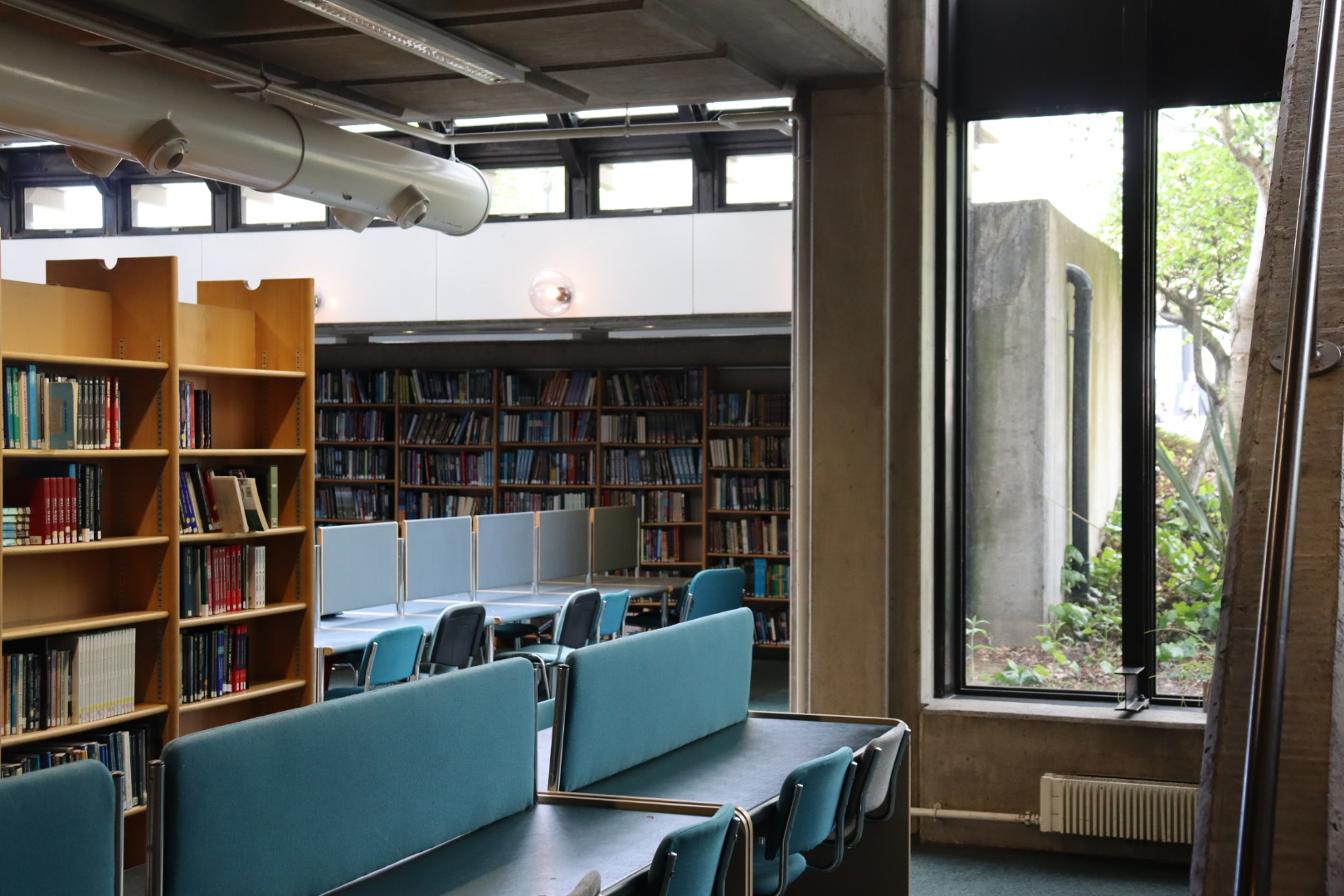In a world where perfection is the standard, Trinity’s academic environment can be quite humbling. While many Americans are accustomed to aiming for 4.0 GPAs, A+ grades, or 100%, these are practically unheard of and feel nearly unattainable at Trinity. Instead, similar to many Irish universities, we follow grading metrics where top marks start at 70%. This grading system can be daunting, particularly for those who find themselves just shy of achieving a first-class mark. Many students encounter lecturers who declare from the outset that “they don’t award firsts” or that first-class honours “cannot be given for essays”. This creates an immediate roadblock in one’s educational journey. Why are firsts in the marking scheme if they cannot be achieved?
This feeling is only amplified by the blunt academic confrontation and harshness from professors. For international students, this system is beyond difficult to comprehend, as they attempt to adjust to a system vastly different from what they are traditionally used to. They might have naively assumed in the beginning it would be easy to achieve a first, yet quickly faced a reality check. And like many international students, they will go their whole Trinity experience only understanding this grading system to a certain degree because the expectations for what equates to first-class or second-class honors hinges on a blurry line depending on the course, subject, and assignment at hand.
It’s essential to recognise that grades should not solely define a student, but it is all too easy to fall into the mental trap of equating assignment marks with overall success in one’s degree. Even when students come close to receiving first-class honors, the feedback is often vague, overly general, or nonexistent, leaving many wondering how they can improve and feeling left in the dark. As lecture sizes at Trinity continue to grow, welcoming any extramural student who wishes to attend, it feels as though the smaller teacher-student dynamic that Trinity once fostered is slowly fading. Lectures can have up to 500 students, making it nearly impossible to form a close relationship with professors. This struggle, along with the lack of meaningful teacher-student relationships, makes it challenging for students to feel comfortable asking questions during lectures or even in office hours, where the large class sizes make one feel like a stranger. For many students from the U.S., who are accustomed to tight-knit professor-student bonds, this is a stark reality shock. It becomes even more stressful when they need to obtain letters of recommendation for jobs or internships, as building these relationships feels out of reach and not normalised within Trinity. Additionally, given how busy and overworked Trinity professors are, it is nearly impossible for students in larger courses to properly meet with them.
Lecturers often wonder why attendance is low in mandatory tutorials. While some students may skip these classes, there is a deeper issue contributing to the frustration between students and their enrolled modules. When students do not receive adequate feedback, or when their final grades hinge on a single essay or exam worth 90% of their mark, they may feel less motivated to attend. Waiting months to receive grades from an exam or assignment decreases their urge to participate, especially when they aren’t gaining constructive feedback in return. The assumption that students are going to learn and improve, yet not receive adequate feedback on their work creates an unrealistic learning environment.
In conversations with students, an overwhelming majority express their discontent with the structure of tutorials. Many wish for these sessions to operate more like seminars instead of just another mini-lecture. Amidst the large lectures of over 200 people, it can be refreshing to enter a small seminar room on the fourth floor of the arts block and engage in discussions with just twelve peers.
For some history-focused courses, seminars are increasingly being replaced by mini-lectures as instructors struggle to cover all the required content. Additionally, there is a noticeable disparity in how accessible professors are across different courses. For instance, students in smaller departments such as Middle Eastern Languages and Cultures or Classics report having a more personal, one-on-one relationship with their professors and greater ease in scheduling meetings for discussions. Unfortunately, this level of support is not a universal experience, particularly for students in business and STEM courses.
Now as the end of the academic year approaches, Trinity students are scrambling to study for their exams, submit final essays, and complete coursework, all while trying to secure a seat in the Ussher Library. The struggle intensifies as many students are still waiting for their midterm grades from February. This situation is particularly challenging, as students are expected to prepare for final exams without knowing how they performed in their midterms. This issue has persisted for years, but now it has reached a point where changes are necessary if Trinity wants its students to succeed. The expectation for students to perform well without being aware of their academic standing in the class is unrealistic. Moreover, with exam schedules now being released, some exams lasting two or two-and-a-half hours are scheduled as late as five p.m., with some even taking place on weekends. For instance, many BESS students have a five p.m. exam followed by an early morning exam the next day. Additionally, language courses such as Ancient Greek, Latin, and Spanish have exams scheduled on Friday evenings at 5 PM. One BESS first-year student told The University Times, “It just feels inconsiderate that all my exams are back-to-back, going as late as 7:30 PM and then the very next morning I have to be back on campus for another exam.”
Another BESS student remarked, “Having my exams take place at 5 PM is possibly the worst time for any student, and I already feel set up to do poorly. As someone under the disability services, it feels impossible to have my needs met, despite my clear communication. I have exams in less than a week, and I am still unclear if they will accommodate my needs.”
A Politics and History student said “I have an exam scheduled on a Saturday at two p.m.. It feels as though Trinity does not consider the challenges faced by commuting students who must travel long distances, as well as those of us who have jobs and other weekend obligations. Normally, school and exams are not held on weekends, yet we are expected to rearrange our schedules to accommodate.”
The delayed marking system has been a longstanding concern for students in both humanities and STEM courses, leaving them uncertain about their performance until the exam date, which is often too late to make a difference. By the end of March, students are required to select their course pathways, which becomes an overwhelming task when they are unsure of their academic performance in modules. This uncertainty complicates decisions about declaring a subject as a minor or concentration when you have no gauge of your marks in the class. This lack of clarity directly impacts students as they are left to make blind choices that can affect the rest of their academic careers. Ultimately, Trinity’s marking system suffers from several significant flaws. The absence of a standardised grading scale across departments not only leads to confusion but also perpetuates an unfair academic environment university-wide.
These systemic issues, compounded by administrative shortcomings, contribute to a broader sense of demotivation among students. It’s difficult to feel excited to attend class or remain engaged when the system itself feels disorganized and unsupportive. Final exams being scheduled on weekends, professors struggling to return grades due to growing class sizes, and the recent release of next year’s academic calendar have only added to these concerns. The academic calendars for 2025/2026 and 2026/2027, now published on Trinity’s website, raise further alarm. The 2025 Michaelmas term ends on December 14th, with assessments running from December 15th to December 25th. This schedule poses significant challenges for international students, who may have exams scheduled as late as Christmas Eve, making it nearly impossible to travel home for the holidays. The possibility of assignments or exams falling on December 24th or even on Christmas Day is deeply concerning. If exams are held on Christmas Eve or any bank holiday, Trinity would be required to pay proctors double rates, further highlighting the lack of foresight and communication between the administration and the student body.
The Trinity grading and examination system has evoked a wide range of emotions among students, with some expressing support while others voice their disdain. This system operates differently than traditional grading scales, and variations exist within each course department. But generally speaking, results from junior sophister and senior sophister years do not factor into final classifications, while third-year grades account for 30% and fourth-year grades for 70%. This significant discrepancy allows the first two years of college to serve as a period for growth and adaptation, focusing on developing strengths and addressing weaknesses. However, it also creates a substantial amount of stress and pressure as students enter their final two years with much at stake. Is a proper balance truly being achieved? The lack of a gradual buildup in workload over the years leads to an overwhelming amount of stress and chaos in the third and fourth years compared to the relative ease of the first and second years. This makes me question whether a more consistent and steady increase in workload and difficulty would result in a more manageable outcome.
With Trinity’s glamorous reputation built over the years, it’s easy for those on the outside to overlook the underlying issues amid the well-funded tourist attractions. For the tourists and families waiting in line for the restroom in the arts block or the groups searching for the perfect spot to film their TikTok to a sound from Normal People, one wouldn’t even think about the College’s internal issues. Like all universities, Trinity has its share of challenges; however, one of the more pressing concerns lies within the academic realm, particularly regarding students and the marking system. Yet ignoring this quickly develops into a host of additional problems that have yet to be addressed, ultimately making it easy for the shared frustration among students to build up.







